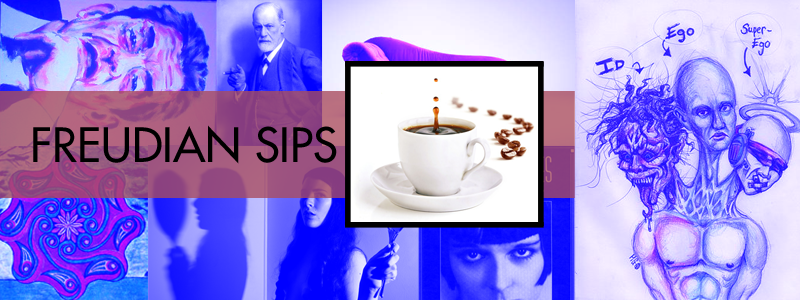Dr. Michelle Stewart
No Video Available.
Dr. Michelle Stewart (University of Regina (Canada), Assistant Professor of Criminology): “’You have to get a pretty dark sense of humor’: Stories, Jokes, & Affective Fallout in Police Work.”
Dec. 10, 2014 – 4 pm
Interested in critical criminology, policing, affective labor, and stories and jokes? Dr. Michelle Stewart, Assistant Professor of Criminology at the University of Regina (Canada), and an important emerging voice in cutting-edge work in the critical study of police and policing delivers Freudian Sips #10. Titled “You have to get a pretty dark sense of humor”: Stories, Jokes, & Affective Fallout in Police Work”, here is the abstract for a talk that promises to be one of the most engaging of the year – by a UC Davis Cultural Anthropology & STS PhD graduate:
“Police officers regularly see and experience the raw edges where lives collide violently, end unexpectedly, and messily: accidents, injuries, fear, grief, and death. This talk is about policing and specifically about how officers make sense of this type of labor. Sense making that is enacted through particular strategies. Drawing on Freud’s notion of the joke, I will situate joke-making practices with attention to the type of work jokes do in particular police settings – scenes that are both tragic and common. In so doing, I will also attend to the ways in which some officers mute stories and experiences as a strategy to demarcate public and private life. However, as police become more tangibly the subject of domestic disharmony and violence, police forces in Canada have implemented various trainings and protocols to respond to what is understood to be the emotional disconnect of officers – what I will treat as ‘affective fallout.’ To mitigate this affective fallout, grief, loss and trauma are collapsed into protocols and managed through institutional toolkits. Here counseling and crisis debriefings are mechanisms used by the therapeutic state to produce a particular type of police officer. This paper explores these state techniques as they collide with the individual strategies officers use to navigate their own experiences in which stories and jokes are the mechanism through which officers make sense of the work they do for the state.”

 Psychoanalytic Research Cluster
Psychoanalytic Research Cluster